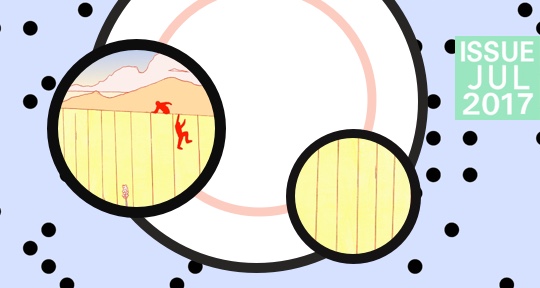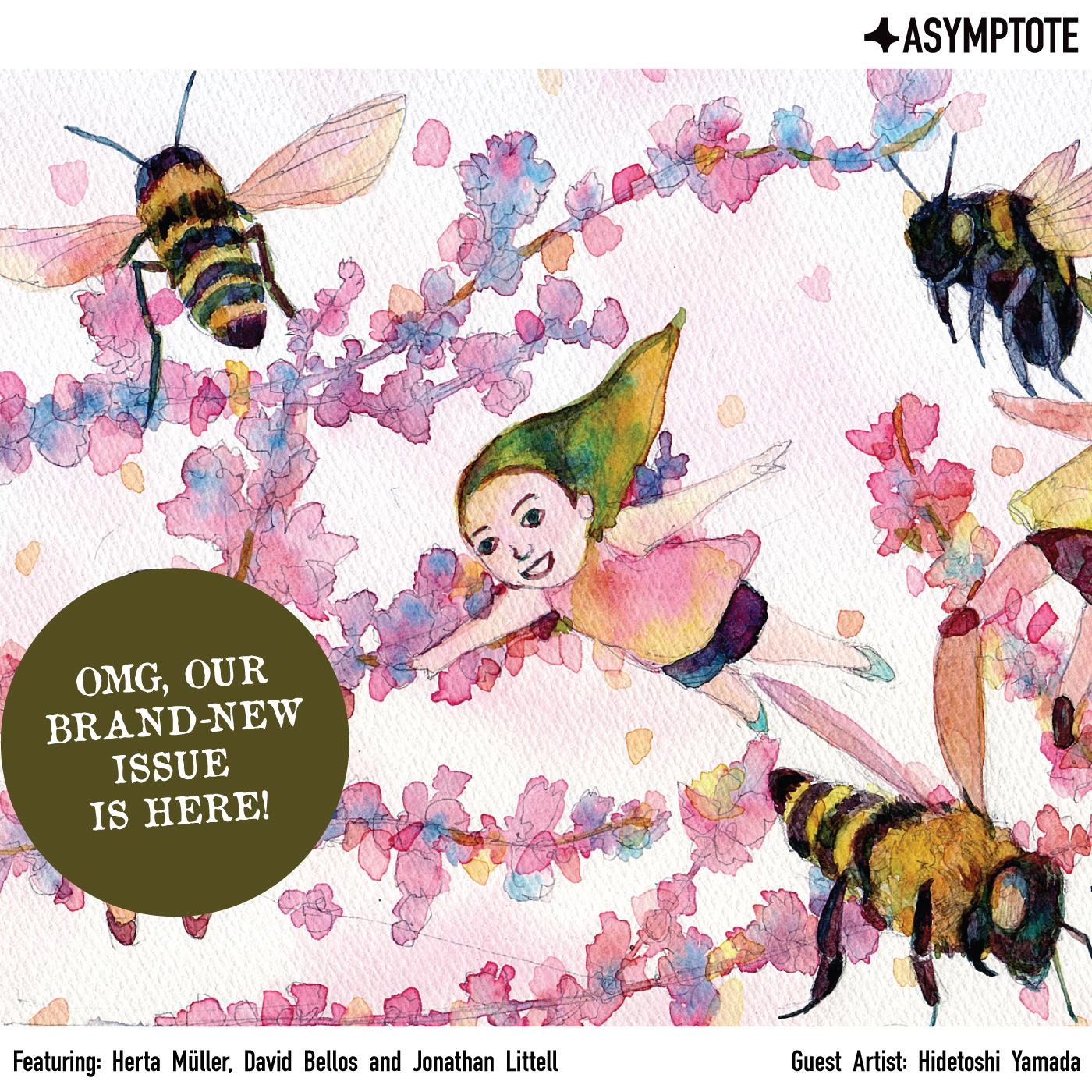ANATOMY OF AN EDITOR’S NOTE
World literature is the literature of many worlds[1], intersecting on one “endlessly rotating earth[2]” (Chen Li). This summer, come play Spin the globe![3] with the only magazine that could assemble never-before-published[4] writing from 27 countries and 21 languages[5] in one issue. Alongside an interview with Michael Hofmann, fiction by master story-teller Mercè Rodoreda, poetry by Ghassan Zaqtan and Marosa di Giorgio, essays on Bohumil Hrabal and Tove Jansson[6], and reviews of the latest titles, we celebrate the very best the canon has to offer via a showcase of contest winners[7] picked by judges David Bellos and Sawako Nakayasu. While new words pave the way for new worlds, every one of these gems, to quote repeat contributor Ko Un[8], also represents “[a] world…in want of the world.[9]”
Noemi Schneider’s Life as Trauma[10] introduces us to Binjamin Wilkomirski, the author of a fabricated Holocaust memoir, and hence a man who has never existed. In Orshina, Hanit Guli’s poignant drama, a promise to the family is revealed to be empty when, all packed up, the father remembers he has no address to provide the movers. And in Mercè Rodoreda’s Aloma, remembrance of childhood loss punctuates a woman’s mundane existence, just as Ah-reum Han’s tribute to Kerascoët’s “dazzling, ruthless worlds” is interwoven with the mourning for a deceased teacher. While Samudra Neelima’s narrator plants “black seeds” in order to grow a “beloved black tree,” Alejandro Albarrán desires to “write the amputation”—both poets sketch writing’s failure, but, through performing failure, succeed.[11]



